|
Concurrent Session Block II
CS 2B: Getting Unstuck from Ombuds Data Collection and Analysis: Seven Simple Principles | White River G-H
The purpose of this 60-minute presentation is to help ombuds maximize positive impact on their organization. We aim to provide the audience with a straightforward approach to data collection and analysis to help engage in empowered decision-making about data. This presentation is designed for ombuds from all sectors to help them plan their data collection and analysis methodologies for them to identify and share systemic feedback to their constituents and stakeholders. The presentation starts with a brief discussion about qualitative and quantitative data and examine the differences between examining data for uncovering thematic findings and generalizable observations.
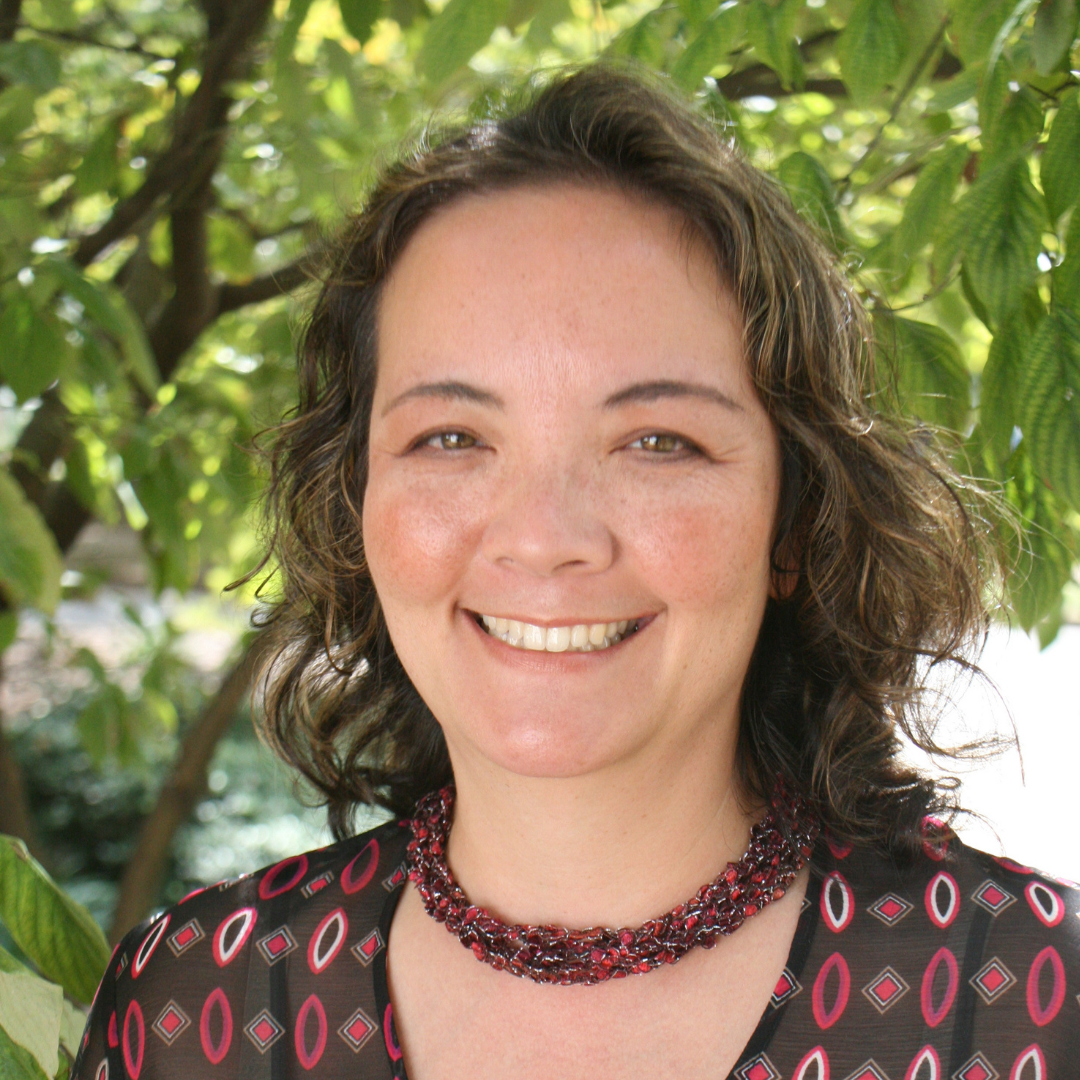 Lisa Yamagata-Lynch is the University Ombudsperson and Director for the Office of Ombuds Services at the University of Tennessee (UT), Knoxville and serves faculty, staff, and graduate students. She is a Certified Organizational Ombudsman Practitioner(CO-OP). She is also a certified trainer in Crucial Conversations and Crucial Accountability, and a Gallup Clifton Strengths Coach. Additionally, she is a Tennessee Rule 31 General Civil and Family Mediator. Lisa Yamagata-Lynch is the University Ombudsperson and Director for the Office of Ombuds Services at the University of Tennessee (UT), Knoxville and serves faculty, staff, and graduate students. She is a Certified Organizational Ombudsman Practitioner(CO-OP). She is also a certified trainer in Crucial Conversations and Crucial Accountability, and a Gallup Clifton Strengths Coach. Additionally, she is a Tennessee Rule 31 General Civil and Family Mediator.
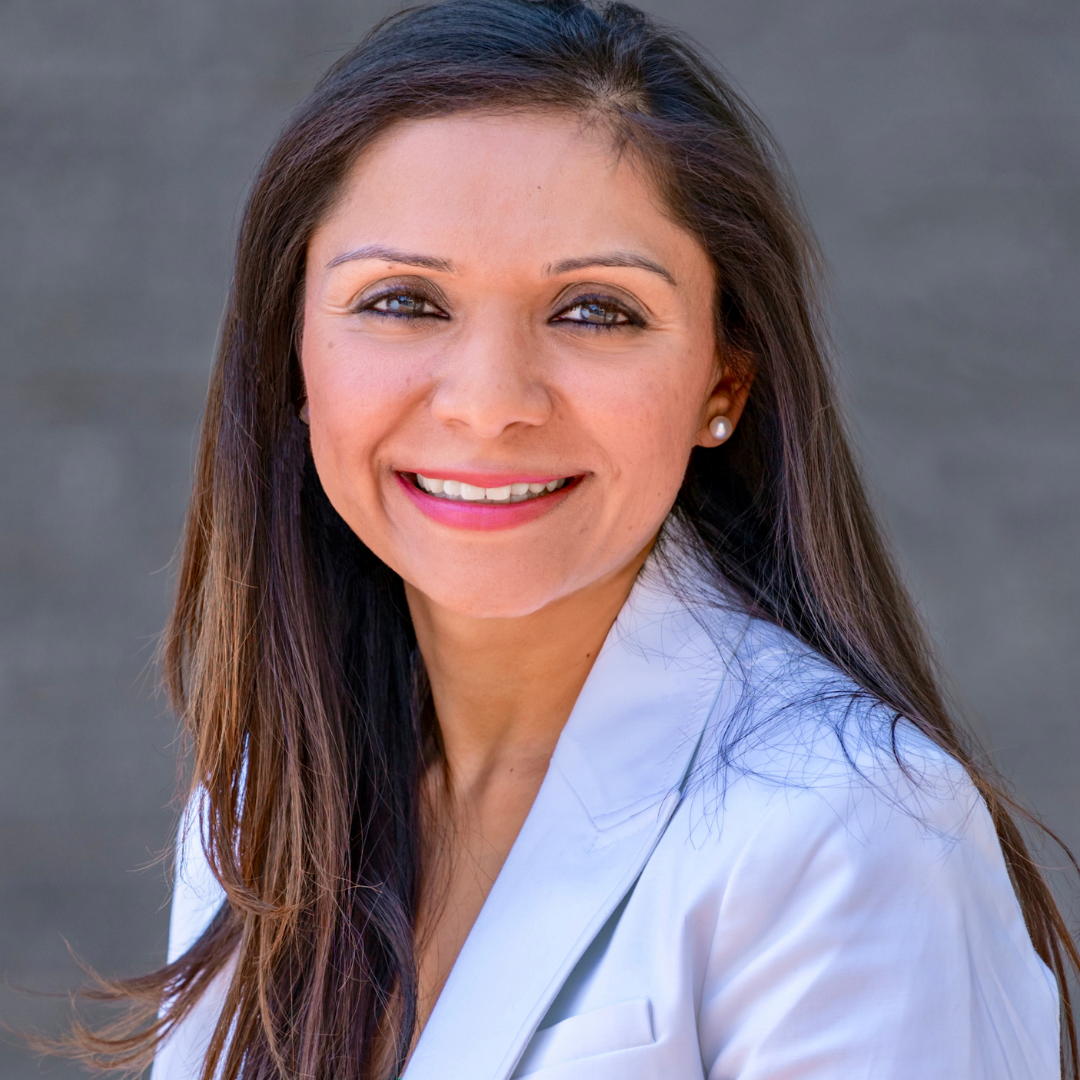 Bina Patel, PhD is the principal of Transformational Paradigms, dba Bina Consulting LLC. She is a conflict resolution practitioner and an organizational ombudsman. Bina is an avid publisher, researcher, and speaker in all things conflict resolution. She earned her doctoral degree in conflict resolution and peacekeeping analysis from NovaSoutheastern University in 2017, specializing in female terrorism. Bina earned her Master's in International Business in 2007 from Nova Southeastern University and Bachelor's of Arts in Business Admin from the University of Florida in 1999. For more information on Bina, please see www.transformationalparadigms.com. Bina Patel, PhD is the principal of Transformational Paradigms, dba Bina Consulting LLC. She is a conflict resolution practitioner and an organizational ombudsman. Bina is an avid publisher, researcher, and speaker in all things conflict resolution. She earned her doctoral degree in conflict resolution and peacekeeping analysis from NovaSoutheastern University in 2017, specializing in female terrorism. Bina earned her Master's in International Business in 2007 from Nova Southeastern University and Bachelor's of Arts in Business Admin from the University of Florida in 1999. For more information on Bina, please see www.transformationalparadigms.com.
CS 2C: An Introduction to Powerful Non-Defensive Communication (PNDC) for Ombuds | White River I-J
Powerful Non-Defensive Communication (PNDC) helps coaches and ombuds construct conversations that reduce or eliminate defensive triggers that can cause people to retreat, push back, or get into power struggles. The PNDC model teaches us how to shift tone, body language, and aspects of phrasing to allow participants to fully engage in navigating challenging interactions. This session will explore the impact of defensiveness in interpersonal interactions.
We will review the three tools of PNDC: questions, statements, and predictions, and demonstrate how to use them effectively. Participants will learn how to change the four aspects of communication: intention, tone, body language, and phrasing with a focus on PNDC questions.
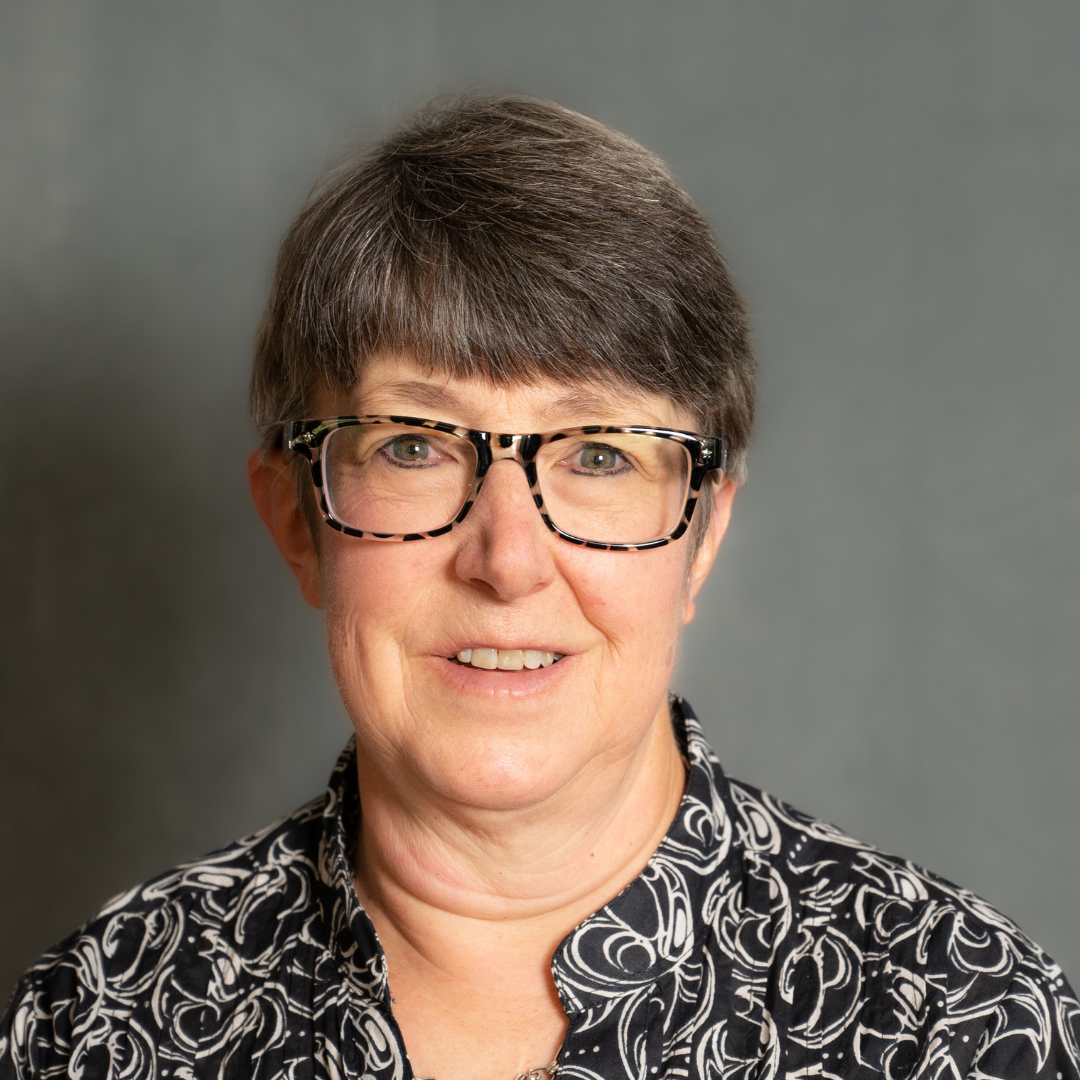 Melinda Gehris co-founded PRISM Conflict Solutions, a mediation and workplace conflict resolution firm. PRISM assists clients in enhancing workplace culture and dynamics through mediation, facilitation, training, and conflict coaching. Melinda designs and leads in-person and virtual trainings for clients in many parts of the US and beyond. Melinda and her partner Lauren have developed a CORE Curriculum to support clients in managing workplace conflict and building conflict resilience. Melinda is a Certified Trainer of Powerful Non-Defensive Communication. Melinda Gehris co-founded PRISM Conflict Solutions, a mediation and workplace conflict resolution firm. PRISM assists clients in enhancing workplace culture and dynamics through mediation, facilitation, training, and conflict coaching. Melinda designs and leads in-person and virtual trainings for clients in many parts of the US and beyond. Melinda and her partner Lauren have developed a CORE Curriculum to support clients in managing workplace conflict and building conflict resilience. Melinda is a Certified Trainer of Powerful Non-Defensive Communication.
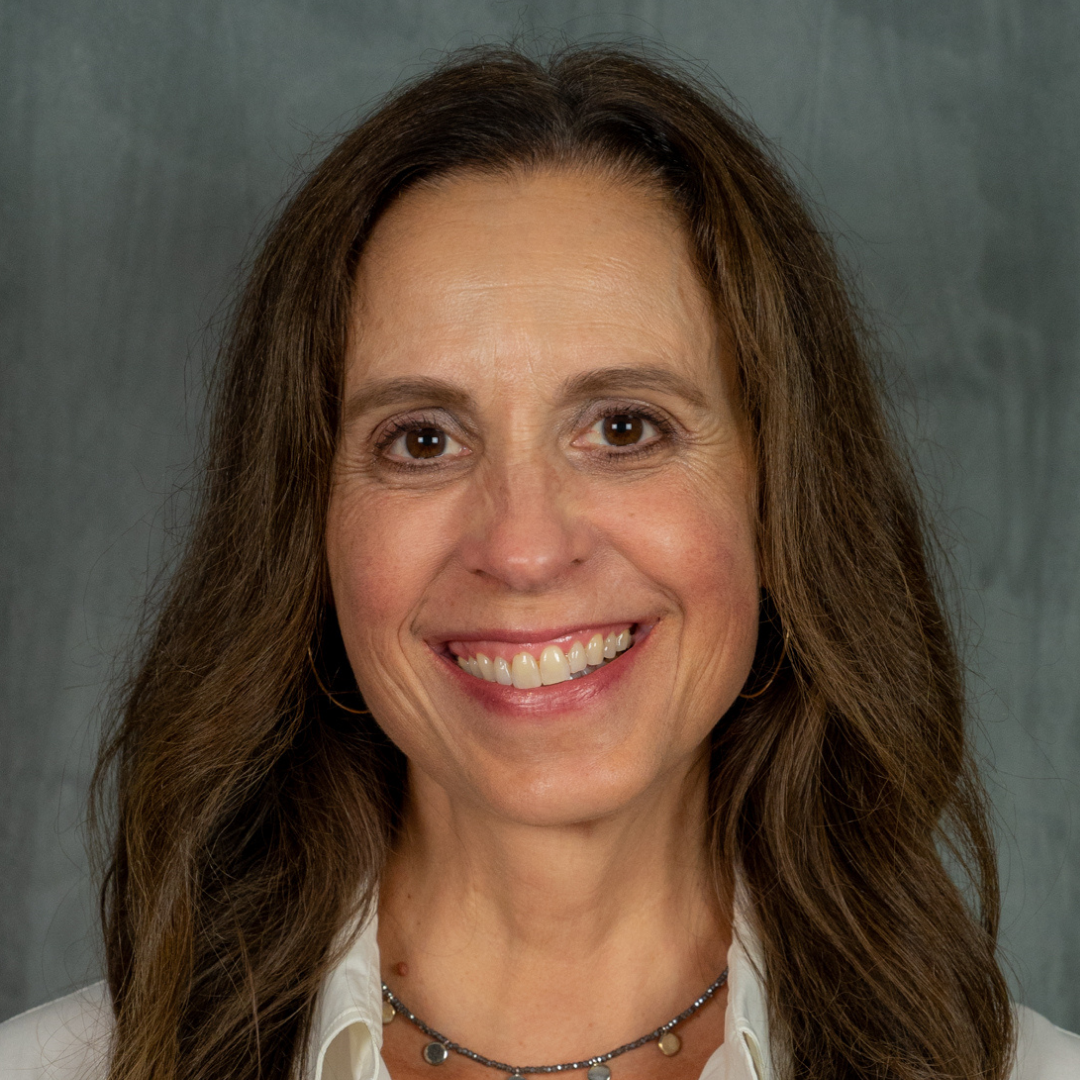
Lauren Adams co-founded PRISM Conflict Solutions, a mediation and workplace conflict resolution firm. PRISM assists clients in enhancing workplace culture and dynamics through mediation, facilitation, training, and conflict coaching. Lauren designs and leads in-person and virtual trainings for clients in many parts of the US and beyond. Lauren and her business partner, Melinda Gehris, have developed a CORE Curriculum to support clients in managing workplace conflict and building conflict resilience.
CS 2D: Facilitator's Toolkit Refresh: Make Outreach More Engaging, Impactful, and Joyous | White River B
Facilitation is an essential part of many ombuds' roles, yet few have any formal training or expertise in the area. Ombuds are regularly tasked with outreach to educate their community about their services and may provide group training and facilitation for departments, units, or teams experiencing conflict. How well ombuds facilitate – engage and include participants, support learning and collaboration, share information, etc. – will, in many ways, determine their impact and effectiveness. Session participants will experience a highly engaging, inclusive workshop with opportunities to peek behind the curtain and gain practical facilitation tips and tricks from a seasoned facilitator.
This session largely draws on Liberating Structures and will roughly follow the outline below. Each activity will offer a train-the-trainer breakdown of participant experience (what), explanation (why), and possible uses and adaptations (how, who, when). Participants should prepare for this session by thinking about a real challenge, personal or professional, that they are actively experiencing, haven't yet cracked, and feel comfortable sharing with others.
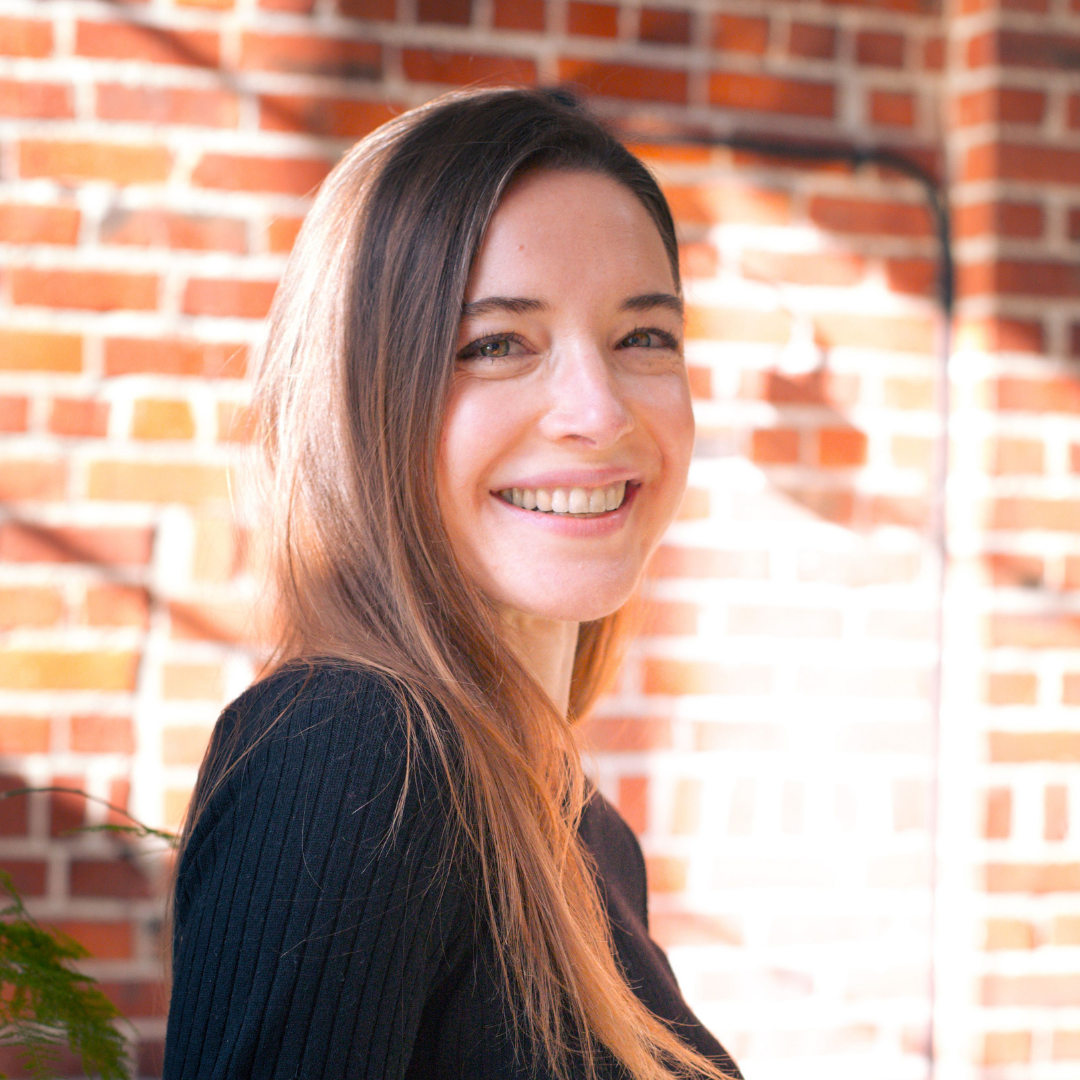 Frieda Hoffman is a leadership and conflict coach, emergent facilitator, and organizational development consultant. She offers training and support to improve workplace culture, conflict-navigation and collaboration skills, and resilience within teams. Frieda brings an intuitive sense of people and relationships to her practice, merging 15 years of project management and leadership experience with her unique background in psychology and entrepreneurship. She holds an MA in social work and intercultural conflict management from Berlin's Alice Salomon University, and is an ICF Professional Certified Coach and trained mediator. Frieda is a passionate feminist and advocate for social justice and inclusive practices. Frieda Hoffman is a leadership and conflict coach, emergent facilitator, and organizational development consultant. She offers training and support to improve workplace culture, conflict-navigation and collaboration skills, and resilience within teams. Frieda brings an intuitive sense of people and relationships to her practice, merging 15 years of project management and leadership experience with her unique background in psychology and entrepreneurship. She holds an MA in social work and intercultural conflict management from Berlin's Alice Salomon University, and is an ICF Professional Certified Coach and trained mediator. Frieda is a passionate feminist and advocate for social justice and inclusive practices.
|